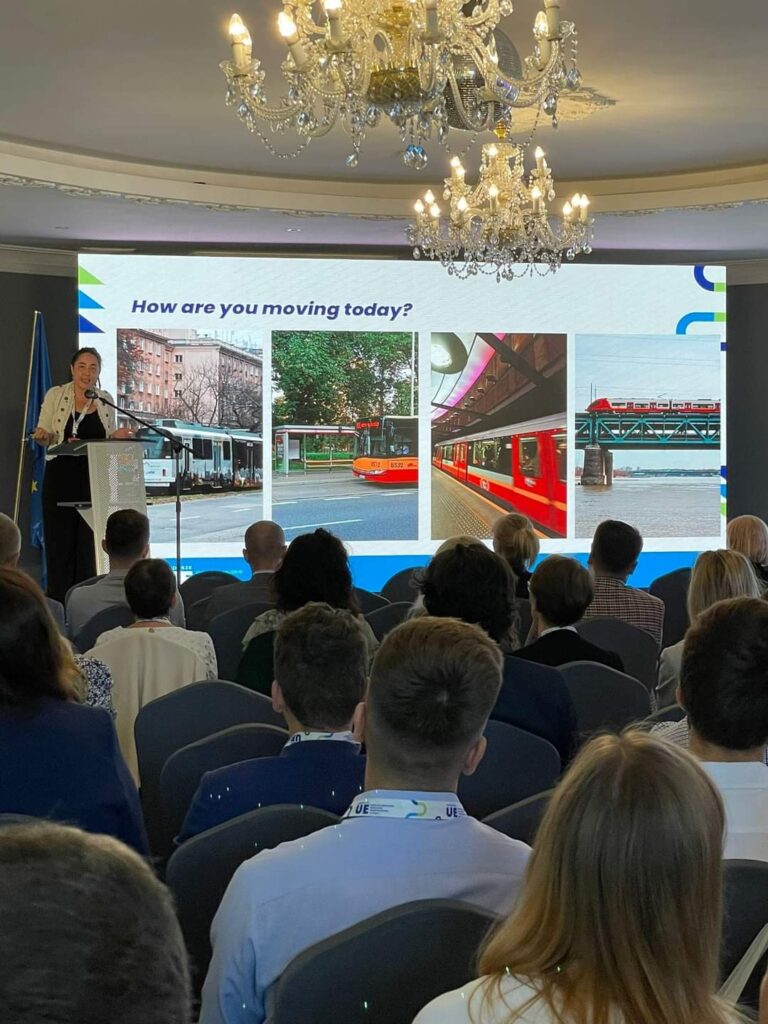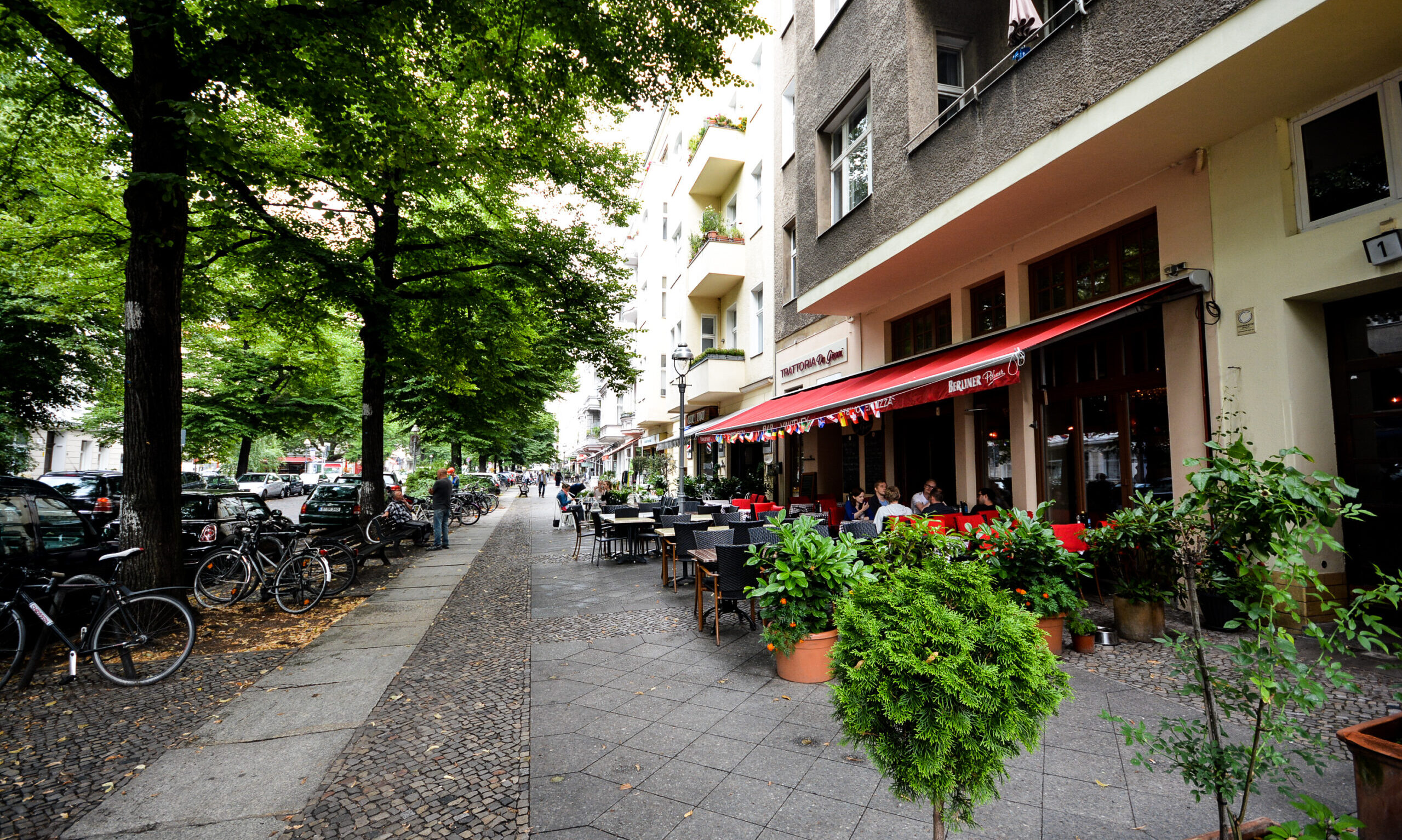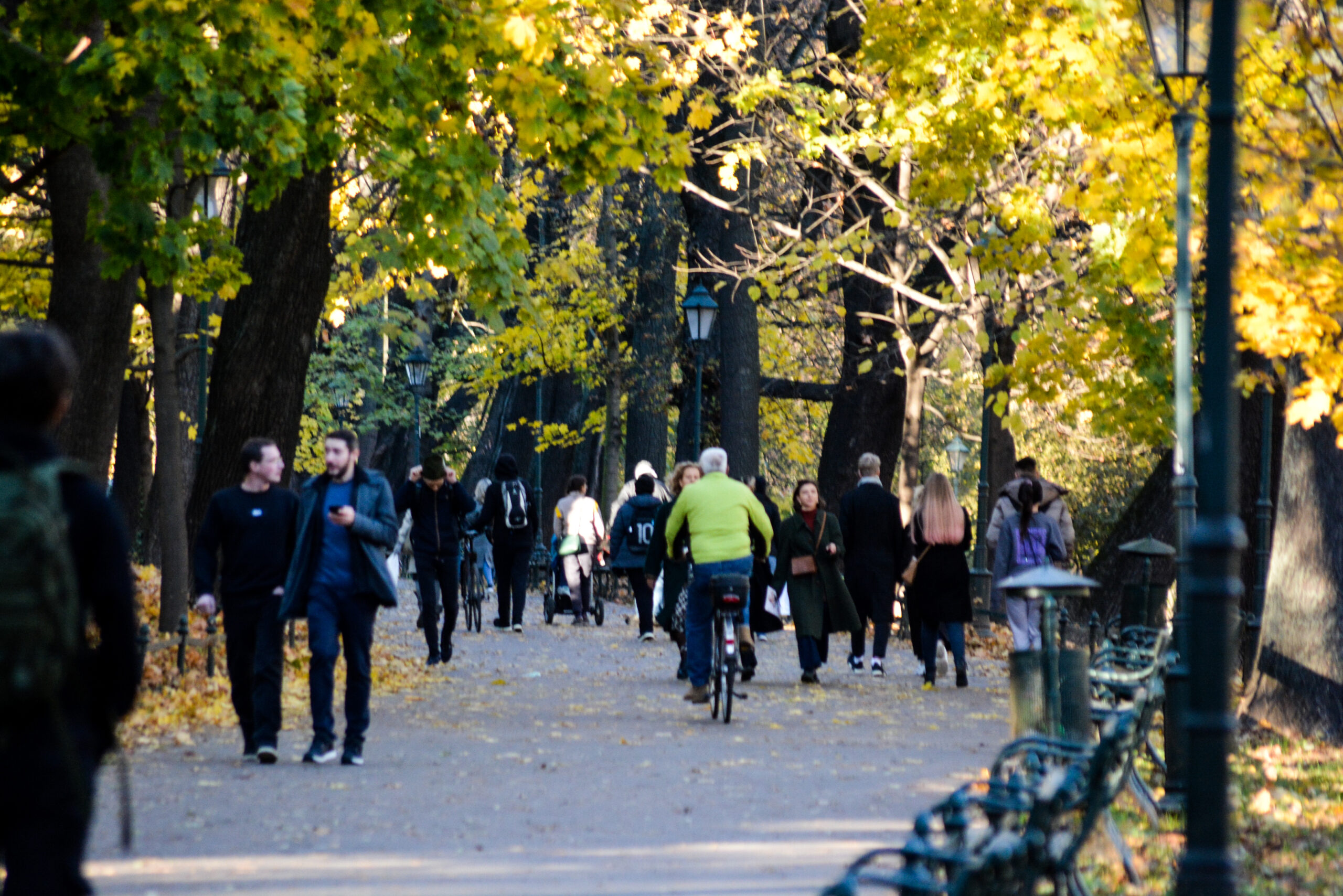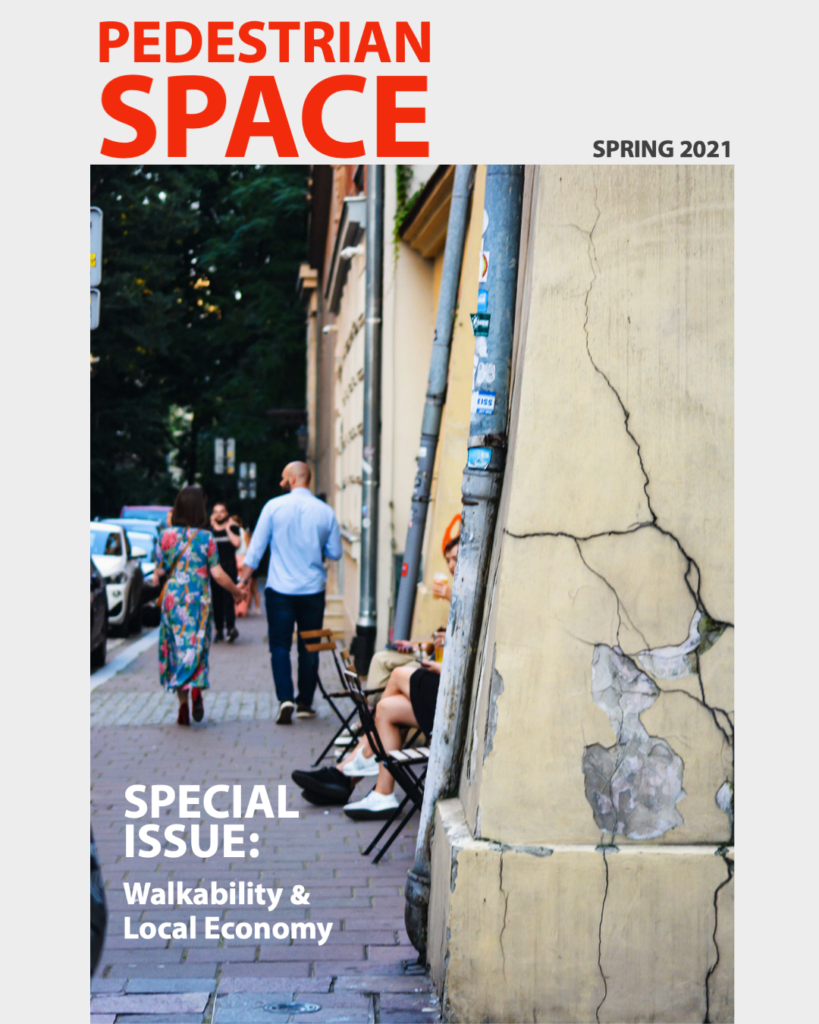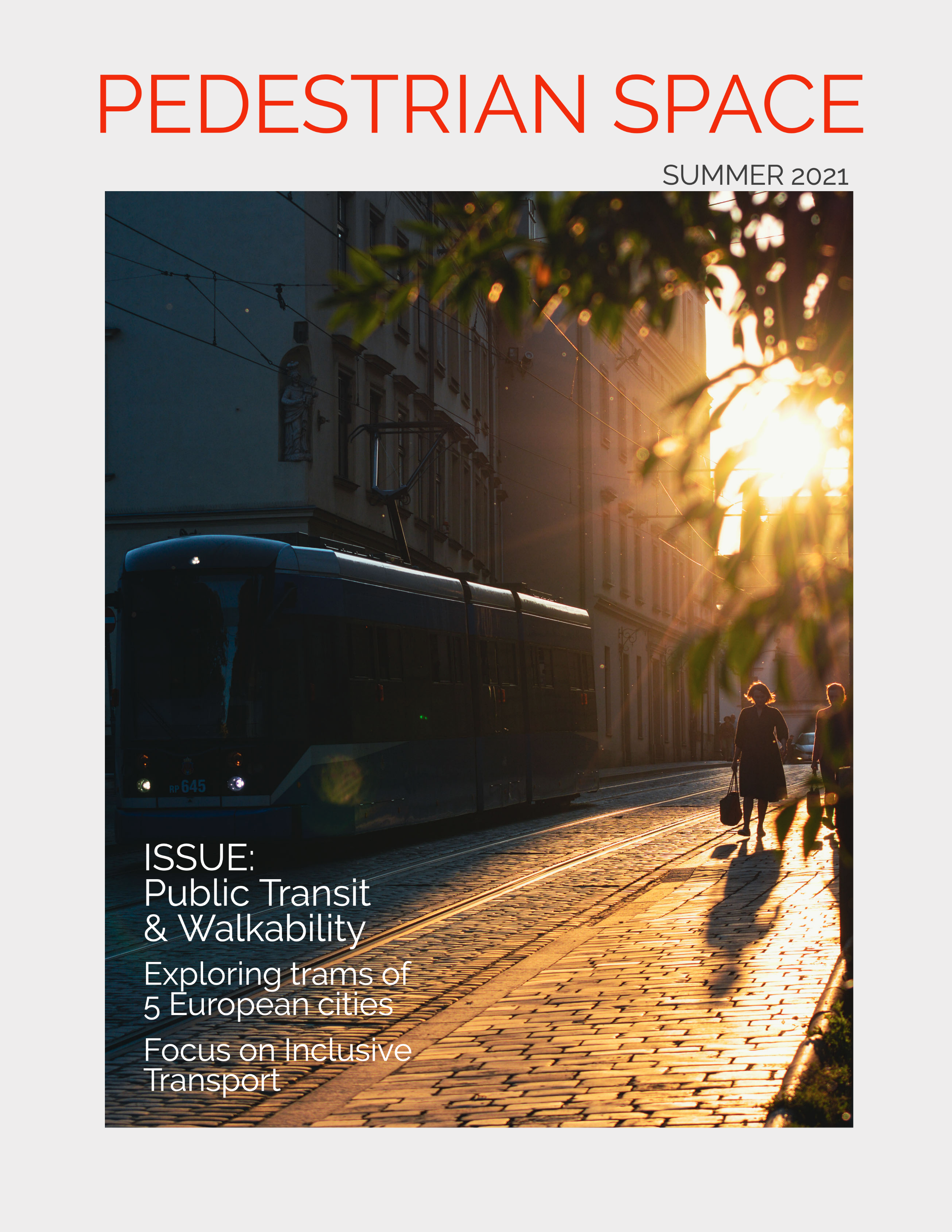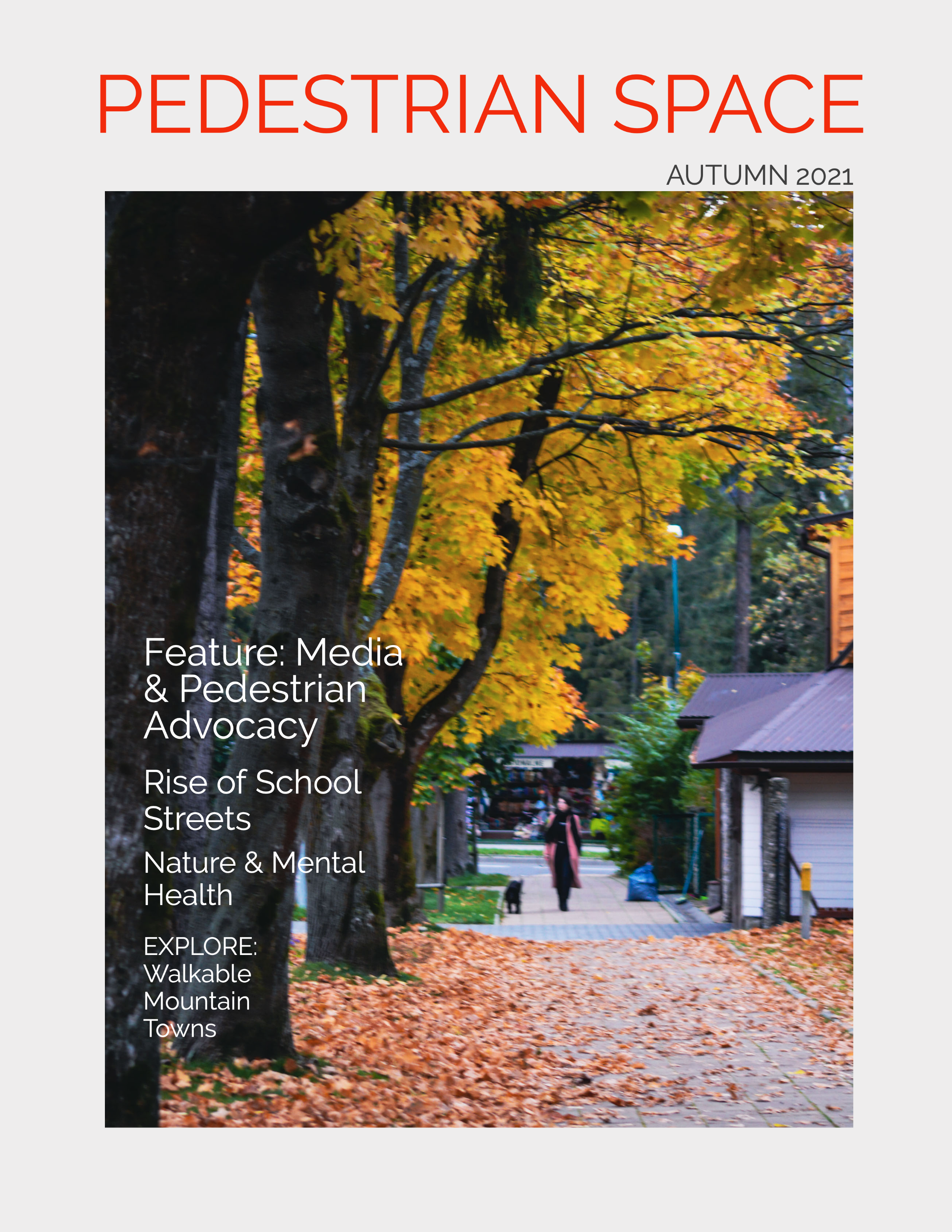PARTNERS & COLLABORATORS

The Schumacher Institute; Bristol, England
Pedestrian Space’s founder Annika Lundkvist has been a fellow of The Schumacher Institute since 2022.
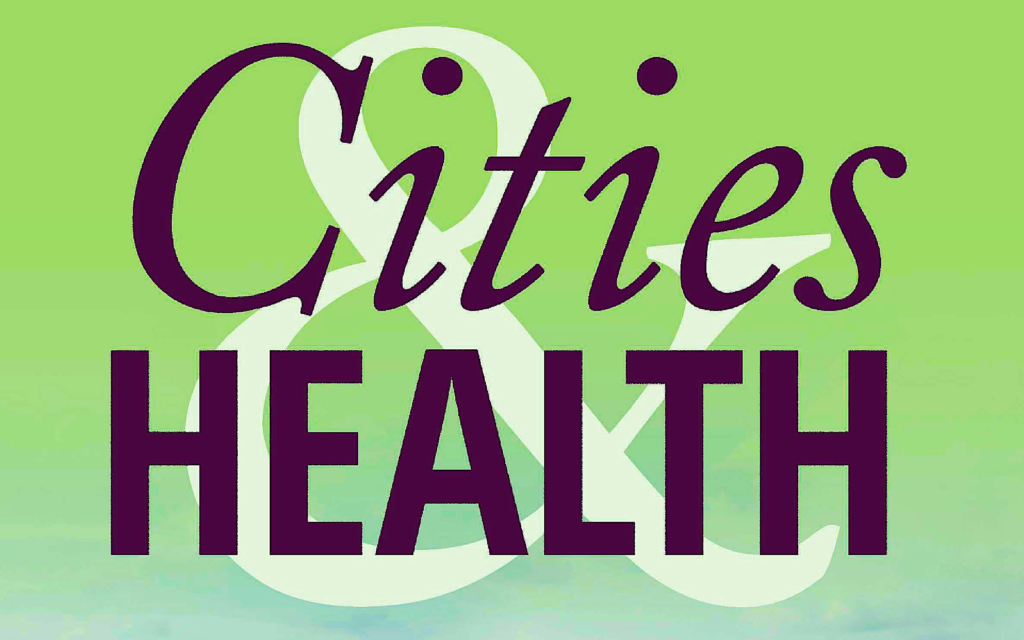
In 2024 we entered collaboration with Cities & Health Journal with Pedestrian Space founder, Annika Lundkvist, serving as lead guest editor for a special journal issue on ‘Walkability & Mobility Justice.’

In May 2024, we were invited to become an organizational member of the Planetary Health Alliance (PHA), given our work in topics relating to Planetary Health.
PHA is a ‘growing consortium of over 420 universities, non-governmental organizations, research institutes, and government entities from 70+ countries around the world committed to understanding and addressing the impacts of global environmental change on human health and wellbeing.’ We look forward to thought exchange and collaboration within PHA for the benefit of planetary health.
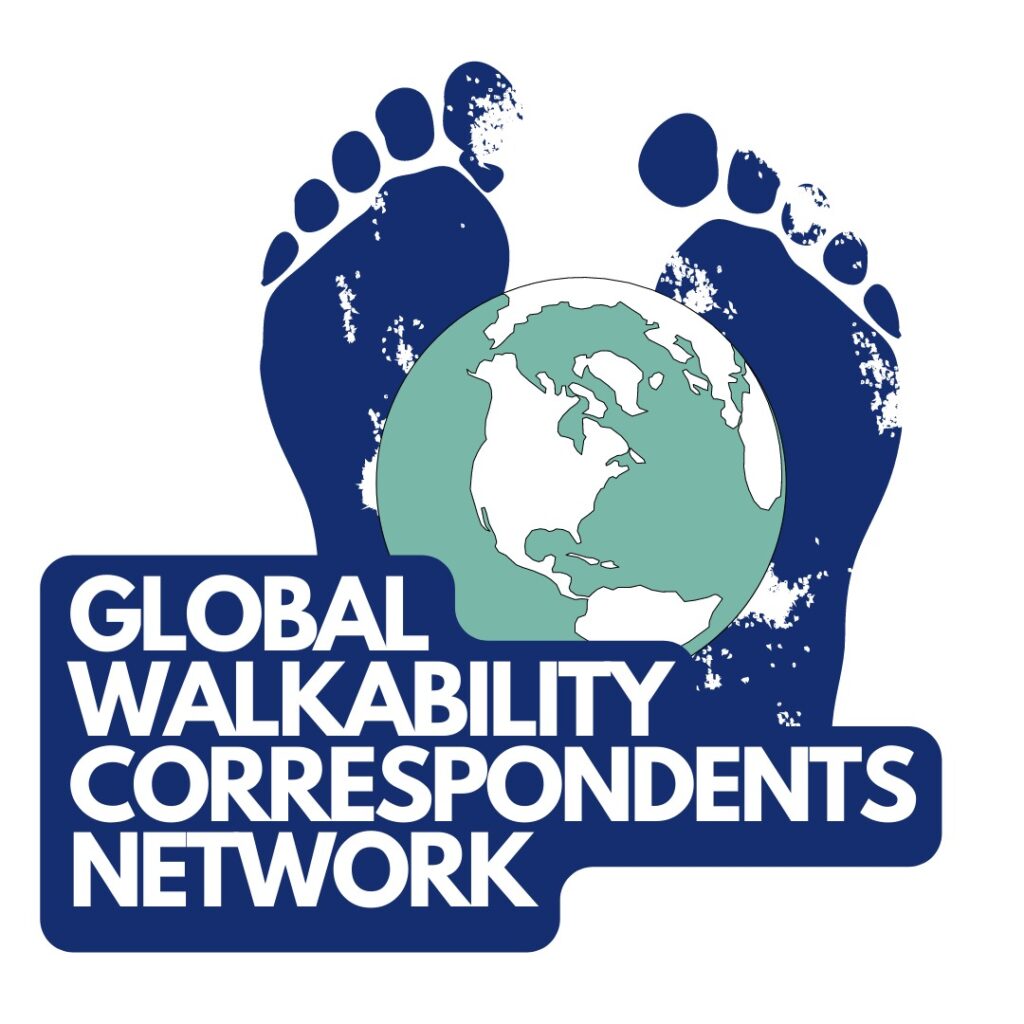
GWCN- Global Walkability Correspondents Network; Worldwide
Established in January 2022, GWCN is an international collective of individuals advocating for walkability and sustainable mobility.

In 2024, Pedestrian Space entered collaboration with PHLUSH with a commitment to continue to shape awareness about and advocate for toilet equity for all.
“Through education and advocacy, PHLUSH helps local governments and citizen groups to provide equitable public restroom availability and to prepare for sanitation disasters with appropriate ecological toilet systems.“
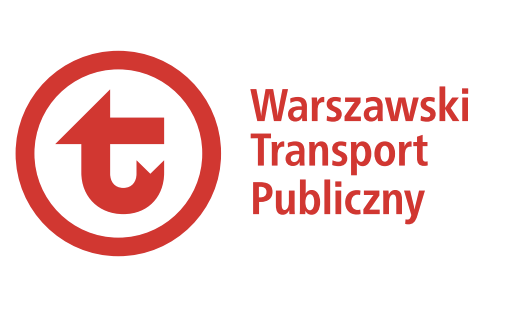
Warsaw Public Transport; Warsaw, Poland
In partnership with Warsaw Public Transport,Urban Transit Lab launched UTL Warsaw in September 2023.
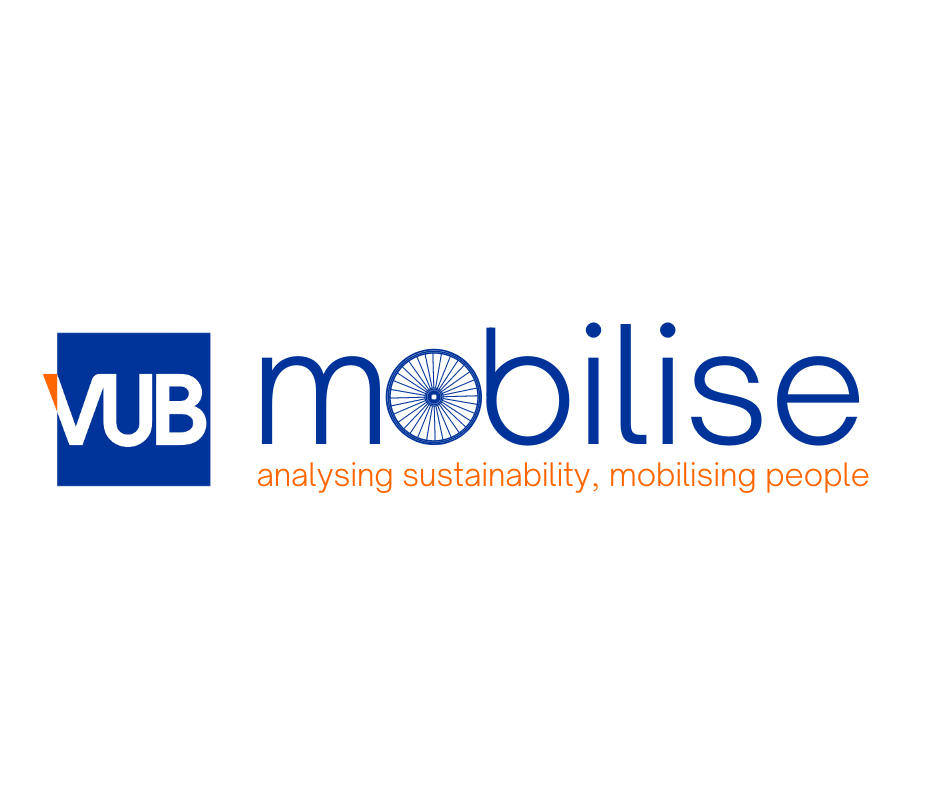
Mobilise, Vrije Universiteit Brussel; Belgium, Brussels
In partnership with the Mobilise Research team at VUB, Urban Transit Lab launched the UTL Brussels project in September 2023.
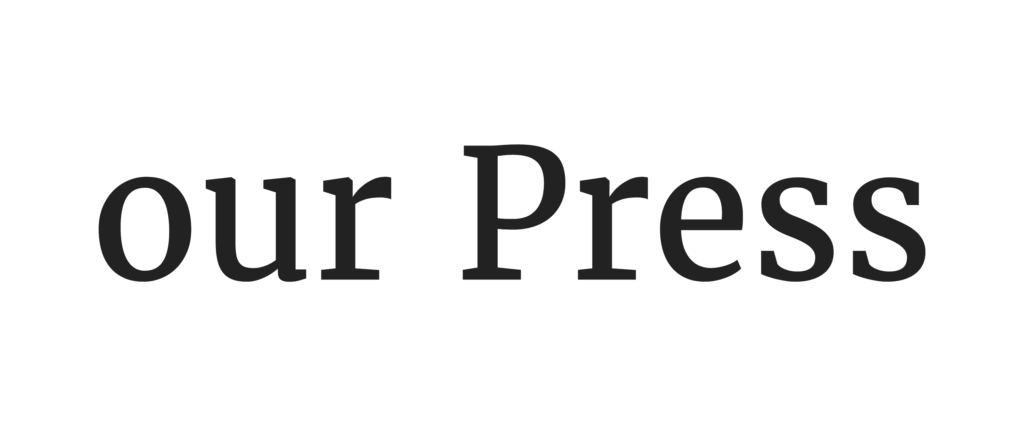
Our Press; India
In late 2023, our press and Pedestrian Space entered into partnership to produce the Indian Voices of Walkability book.
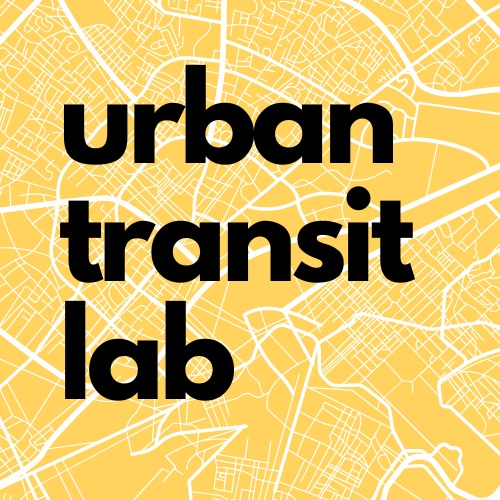
Urban Transit Lab
Urban Transit Lab was a participatory media, communications and research initiative, dedicated to the use of narrative in support of the sustainable mobility shift that piloted in Warsaw and Brussels.

Future Food 4 Climate; Warsaw, Poland
In late 2023, Pedestrian Space joined Future Food 4 Climate as partner, with an interest in helping shape awareness about issues of food systems, sustainable societies, urban agriculture and more.
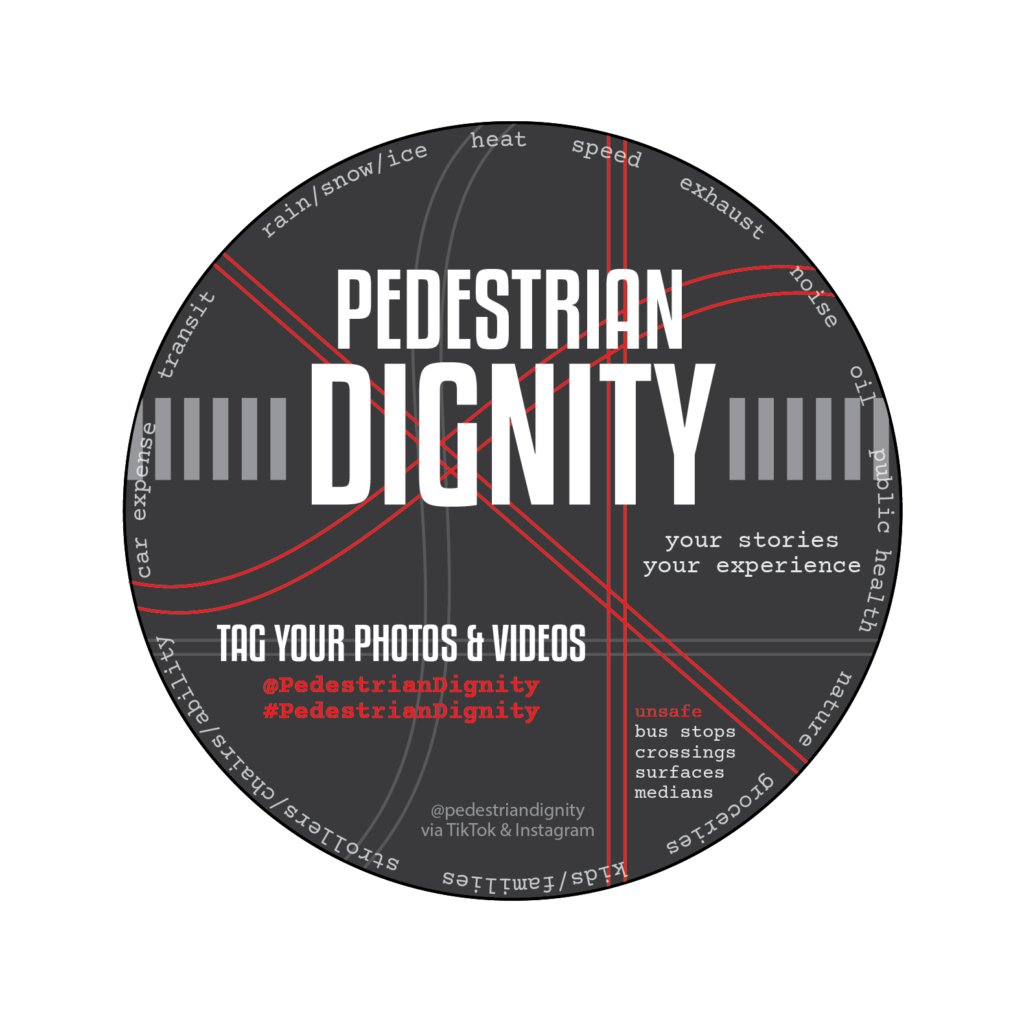
Pedestrian Dignity; USA
Published in early 2022, 12 Days of Pedestrian Advocacy is a collaboration of Pedestrian Dignity & Pedestrian Space
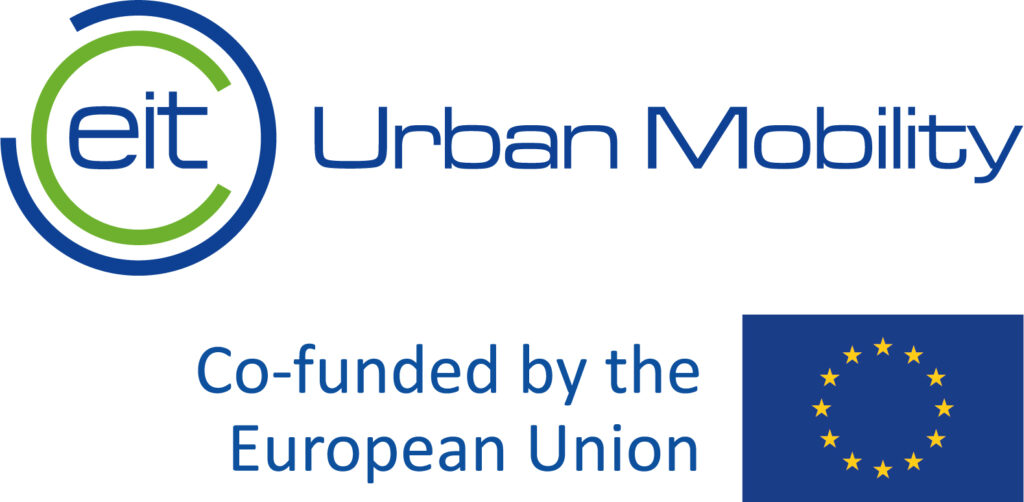
EIT Urban Mobility; EU
Collaboration and feature in UMX video ‘How is the 15-min city concept transforming our towns? | Discovering Ursynów in Poland!’
WE WELCOME DIVERSE PARTNERSHIPS AT PEDESTRIAN SPACE
Contact: info@pedestrianspace.org
Read a message from and about the founder of Pedestrian Space here
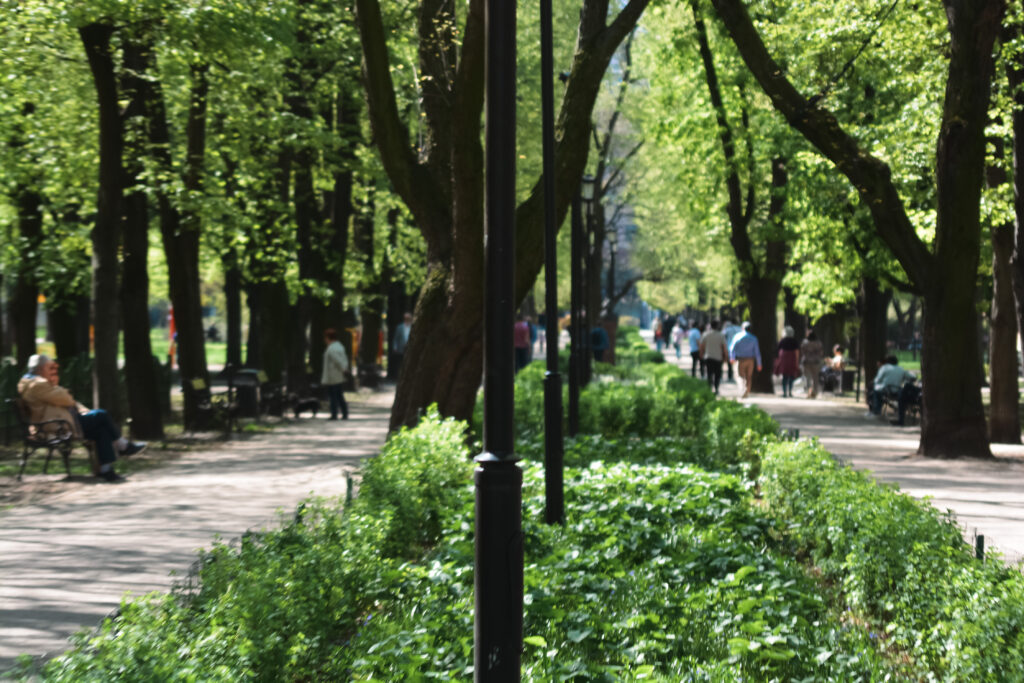
From its inception as @pedestrianspace on Instagram in Spring 2020, to its establishment as pedestrianspace.org in early 2021 and as a registered NGO in August 2023, Pedestrian Space has been dedicated to issues of walkability as a key aspect of sustainable urbanism and related themes including:
- Mental, emotional and physical health related to access to quality public space and movement
- Quality of life issues related to walkable environments and lifestyles
- Issues of equity in access to safe, affordable, quality public transportation
- Issues of multi-generational access to and enjoyment of quality urban life
- Issues of accessibility in urban mobility for diverse inhabitants and more
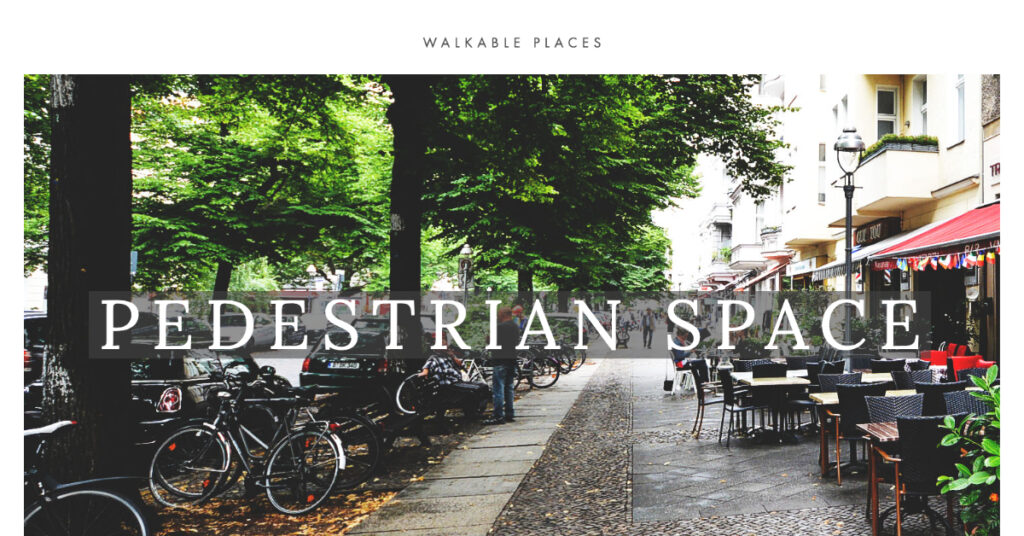
Pedestrian Space is a media, research and advocacy NGO & platform dedicated to issues of walkability & sustainable urbanism
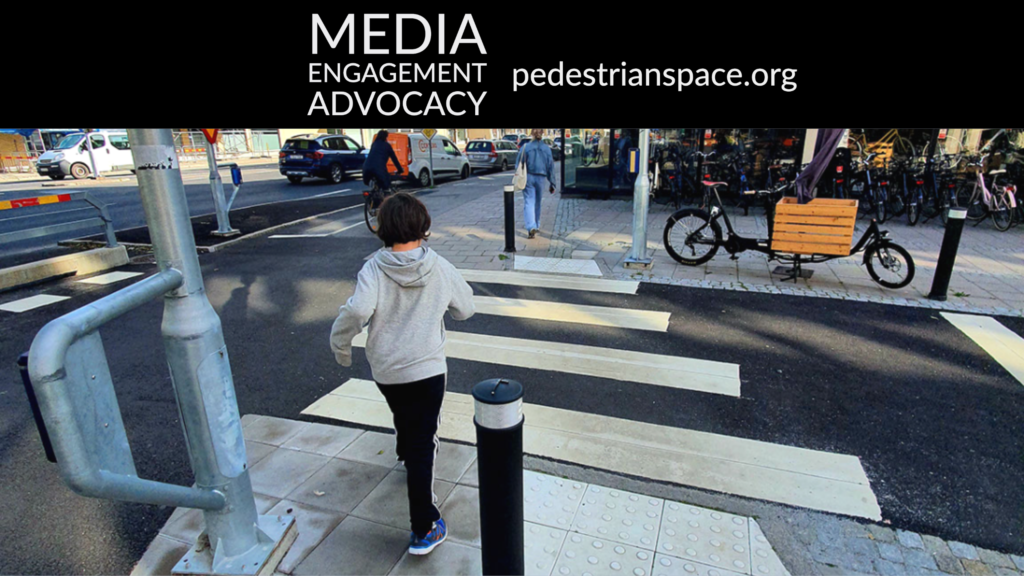
We welcome diverse partnerships for diverse activities, including but not limited to :
- Academic Lectures
- Public Speaking
- Workshops // Urban Mobility Labs
- Walking Labs
- Collaborative Media Projects & Campaigns
- Advocacy Collaborations
- Educational Activities
We also welcome partnerships in collaboration with Urban Transit Lab, a participatory media, research and communication initiative on sustainable mobility as well as collaboration with Global Walkability Correspondents Network, an international collective of advocates for walkability.
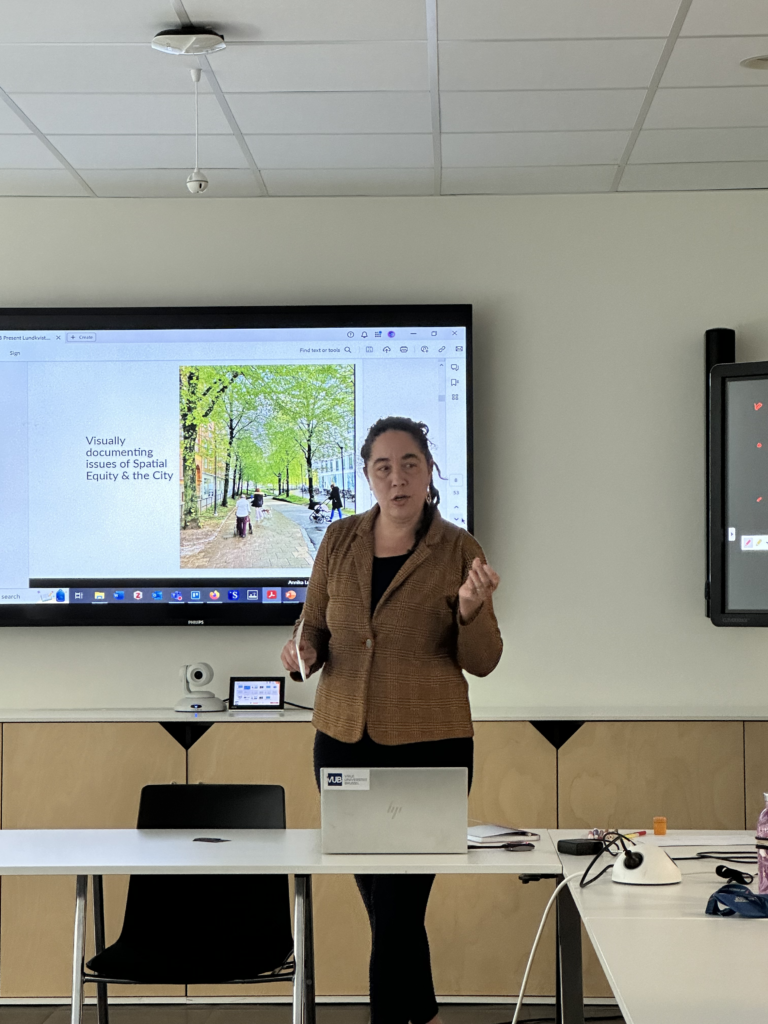

Pedestrian Space focuses on media related to walkability as a central feature in sustainable urbanism and quality of life in cities.
Many regions around the world still experience car use as a primary modal share as a result of decades of car-centric planning as well as a psychology of mobility choice that prioritizes car ownership and use.
At Pedestrian Space, we develop media content to engage actors across the spectrum (municipal agencies, politicians, planners, citizens…) to facilitate understanding the urgency of a mobility paradigm shift that prioritizes walking, cycling, and public transit and also inspires conversation and thought on individual mobility choice.
We view media, advocacy, and education as key elements of the paradigm shift towards more sustainable urban mobility.
Photo: Annika Lundkvist
“I founded Pedestrian Space as I have a deep personal & professional interest in these issues. On a personal note, I have experienced firsthand (in multiple regions) how a lack of walkability can negatively affect life experience & conversely, how truly walkable environments can be engaging, enjoyable & truly habitable for all ages.”
-Annika Lundkvist, founder of Pedestrian Space
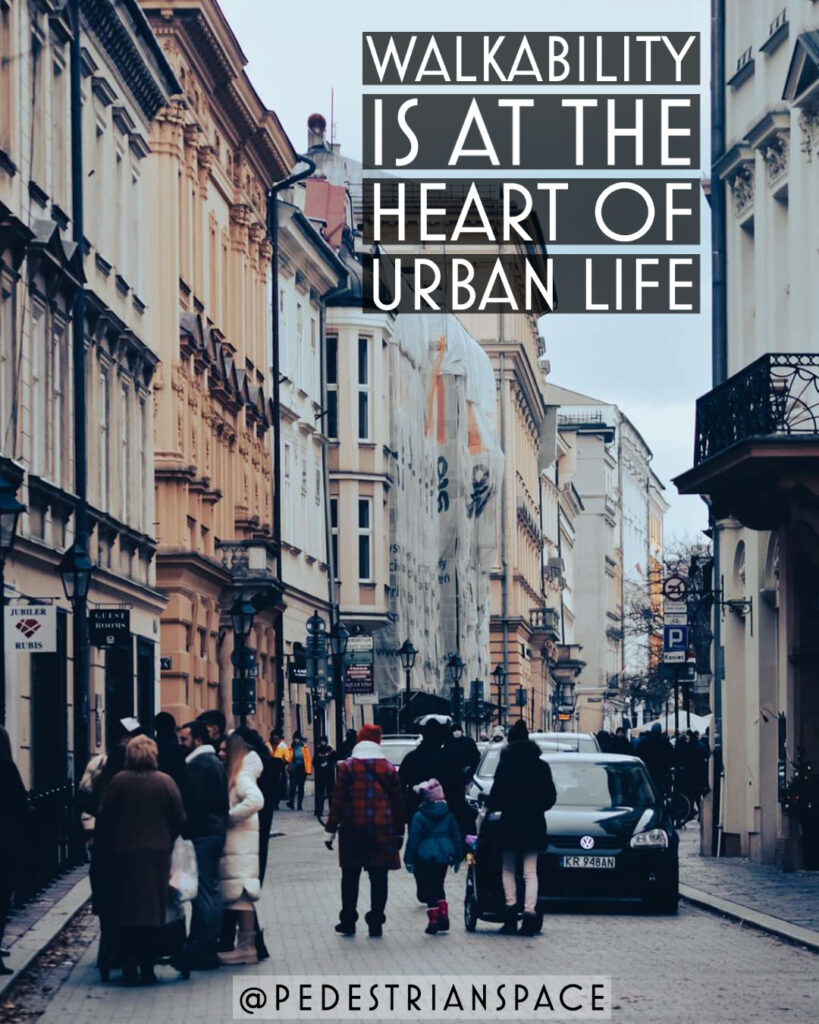
Feedback from participants of diverse workshops:
“I loved this workshop. Talking and sharing about experiences of city mobility was a great way to exercise my mind and broaden my knowledge on this topic.”
“Amazing workshop! Thank you for coming. Really thought-provoking, inspiring, and educational.”
“Very interesting workshop. I liked the floating structure of the workshop (not strict plan). Looking forward to the next one!”
“It’s very exciting for me to talk about this topic for hours. It’s also interesting to understand how others think about mobility. The location of the workshop is really great. Thank you a lot for this, I will recommend it to others!”
“The workshop was very important to me. I think it is an aspect of great relevance to big city dwellers. What attracted my attention was the energy and engagement of the presenter/host. I recommend the workshop to everybody.”
“The workshop is part of modern thinking about urban space. About climate and social challenges. Both officials and transport researchers often overlook pedestrian transport. This is why the workshop and the conclusions developed from it are particularly valuable for building a diagnosis and assessment of the needs of city dwellers, neighbourhoods and local communities.”
“The workshops were really engaging. You were so patient with us and you were genuinely into the talk.”
“It was very nice to share our views and experiences about such an important topic. My friends and family are not as passionate about the subject as I am so it was really interesting to listen and be listened to.”
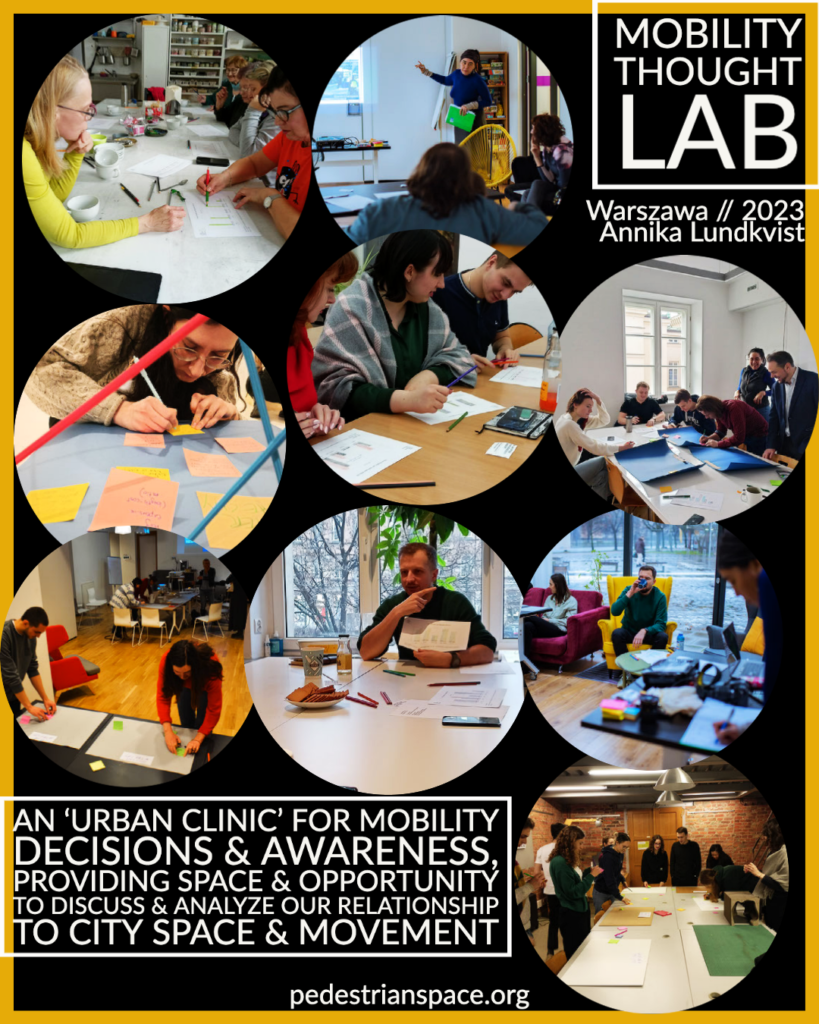
Partnerships, alliances and collaborations are vital for the growth of Pedestrian Space as an accessible, informative and inspiring hub for issues of walkability.
From day one, It has been important that the platform be accessible and engaging for the general public and stimulate thought and dialogue on issues of walkability that affect us all.
I look forward to continuing to develop Pedestrian Space toward being the global resource it was established to be.
Please feel free to write if you are interested in discussing partnership and collaboration.
You may also contact us via Instagram, Twitter or LinkedIn.
